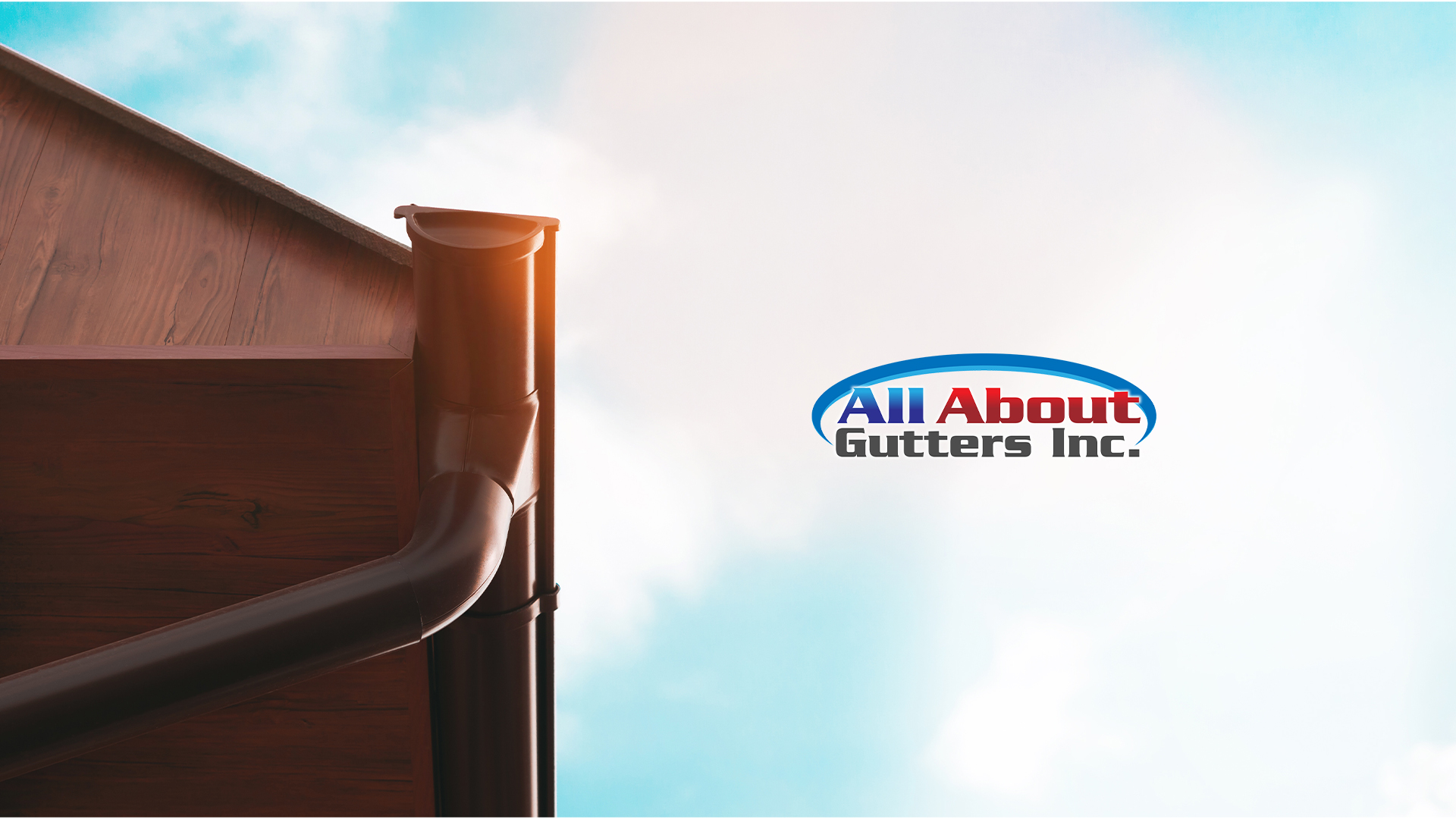Advantages And Disadvantages Of PVC Gutters
By driving rain and snowmelt down the drain away from your
home, gutters protect your roof from seepage, windows from moisture, and
foundations from erosion . However, not all gutter materials offer the same
benefits. Low cost and ease of installation have contributed to the popularity
of PVC gutters, but some situations require the leak resistance and strength of
other material gutters.
Comparing will help you find the material that meets the
demands of the climate where you live and your budget. Therefore, in this
article All About Gutters Inc,
experts explain in detail the advantages and disadvantages of PVC gutters .
Advantages of PVC gutters
PVC gutters are affordable, meaning they are usually
inexpensive and easy to install . If you are one of those who have a tight
budget and live in a place with a temperate and dry climate , PVC gutters are
ideal for you.
PVC gutters have become a very popular choice largely due to
their low cost and light weight . In comparison, they are much cheaper than
aluminum gutters , for example.
Since they are lightweight, they are easy to handle and
install . Sections are snap-together and do not require gaskets or rivets. This
reduces the time and cost of professional gutter installation and even makes it
possible for you to do the assembly yourself.
PVC gutters require low maintenance . They will not rust or
corrode and will not be dented by windblown tree branches or misplaced ladders.
PVC gutters can last up to fifteen years if properly
maintained.
Its color is embedded in the material, rather than painted
or powder coated, so scratches and dents are less noticeable .
In addition, PVC gutters come in a wide variety of colors,
so you won't have to paint them to match your roof, as they can be customized
to suit the exterior appearance of your home.
It is an easy gutter to find .
You can opt for recycled materials , so you can get a
superior quality product and contribute to a sustainable living arrangement.
Disadvantages of PVC gutters
Due to their light weight, PVC gutters are not especially
optimal in climates with a lot of rain, snow, or high winds. They are best for
mild, dry climates. Although they do not corrode, they are prone to sagging and
cracking , and they do not usually last long.
PVC gutters, although they do not usually mold or stain like
metal, at extreme temperatures can cause problems, they become brittle and
develop cracks over time . Also, some types of PVC gutters are made from vinyl,
a thinner material that does not usually hold as long.
They are only available as traditional sectional models,
which have more seams than jointless models . Since their seams are not welded,
as in some metal gutters, they are more likely to leak.
If installed in a dry climate and properly maintained, they
can last up to 20 years. In a more humid climate, they may not reach 10 years .
PVC gutters do not have the appearance of a metal gutter and
are not available in a wide variety of shapes like traditional metal models. If
your house is very traditional, you may find that PVC gutters clash with the style
of your home.
They can affect the environment and health . Material with
polyvinyl chloride is not biodegradable, making it difficult to dispose of. PVC
gutters in their finished form are not toxic, but exposure to dangerous
chemicals has been linked to cancer, as PVC production emits hydrogen chloride
when burned. In the event of a fire, toxic chemicals are released, causing
health problems such as irritation to the eyes, throat, and lungs.
Repairing PVC gutters is not as simple as metal ones, for example. Faced with a serious breakdown, you may have to opt for the replacement of the entire system, which in the end will be more expensive.




Comments
Post a Comment